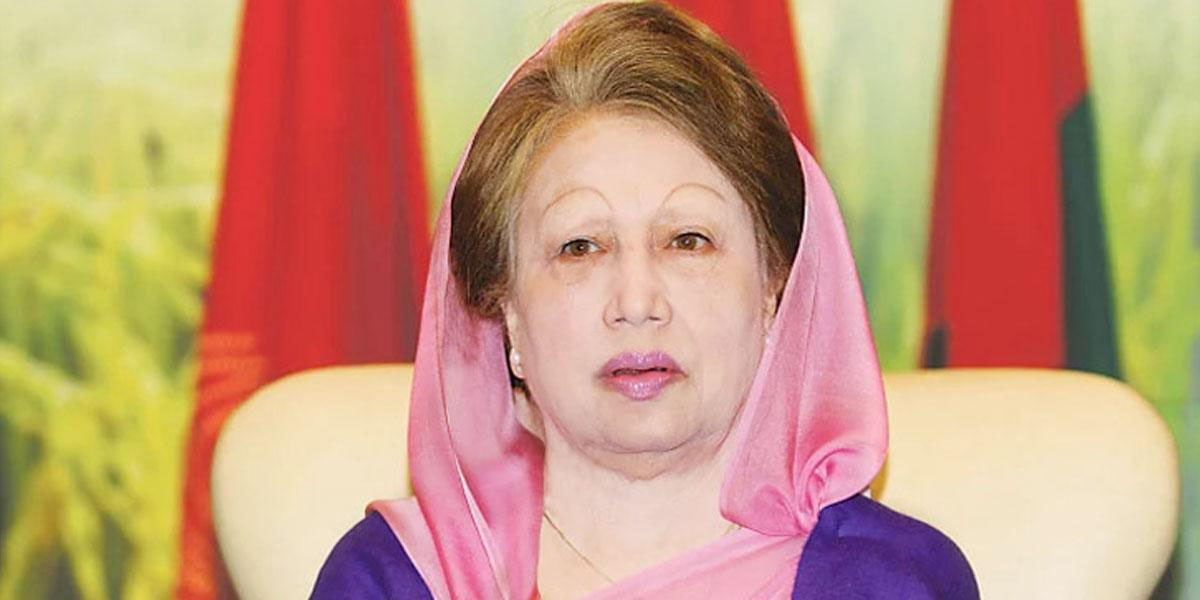The Gulf nation will witness a sustained upward pressure on rents, the report stated.
Qatar’s upcoming FIFA World Cup will continue to apply pressure on the price of rent across the country in the next months, according to Oxford Economics.
The Gulf state currently stands out for having the highest rate of housing inflation in the region due to the expected demand in the hospitality sector in November— which will see more than one million fans flock to the country to witness the global sporting event live.
“We look for sustained upward pressure on rentals in Qatar in the coming months amid an upswing in activity related to the football World Cup later this year,” Oxford Economics said in its latest research report.
In the last year, Qatar has witnessed a significant rise in rent prices, with some increasing more than 50%. It comes as several areas in Qatar began writing up mandatory two-year contracts, in what many have seen as a way to take advantage of incoming revenue from the tournament.
According to the report, rental rates will also rise across other GCC nations due to increased demand from residents and returning expatriates following the pandemic.
This was already documented in previous months by several real state agents, mostly in neighbouring country United Arab Emirates, which is only a 1-hour flight from Doha.
Realtors told Alrabiya that football fans have been scooping up short-term rentals in Dubai as an accommodation option for the much-awaited 2022 FIFA World Cup in Qatar since last year, causing a boom in its hospitality sector.
On the other hand, a further recovery in housing demand and maintenance of the rise in the rental component of the CPI, or consumer price index, would result in a favourable outlook that is expected to encourage hiring throughout the region while also attracting foreign workers.
Meanwhile, domestic dynamics resulting from the strength of the regional economic recovery and its impact on demand for housing and services will move inflation in the opposite direction as external inflationary pressures moderate.
Housing is no longer a drag on headline inflation rates due to rising rental prices, which account for an average of 27% of the consumer basket in the (Gulf) region – almost as much as food and transportation combined.
“Qatar stands out for the sharpest rise in this category, in excess of 5% year-on-year in May, following a five-year period of falling prices,” the report said.
The GCC’s inflation rate is now expected to average 3.2% in 2022, up from the 2.8% predicted six months ago by Oxford Economics. However, inflation will start to decline in the second half of 2022, the report added.
With inflation expected to average 7.5% worldwide this year, the GCC’s rate of inflation will still be lower than that of the majority of advanced and emerging markets.
“We believe the GCC inflation is nearing its peak,” experts stated, highlighting that such a rise is similar to other regions.







